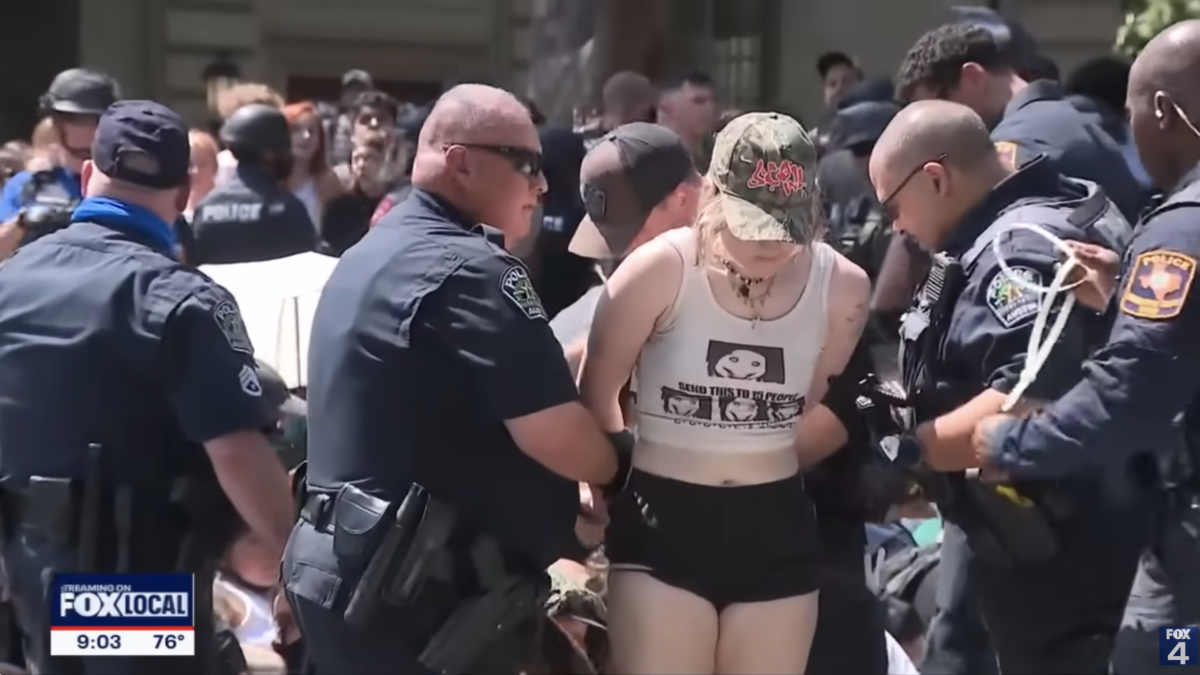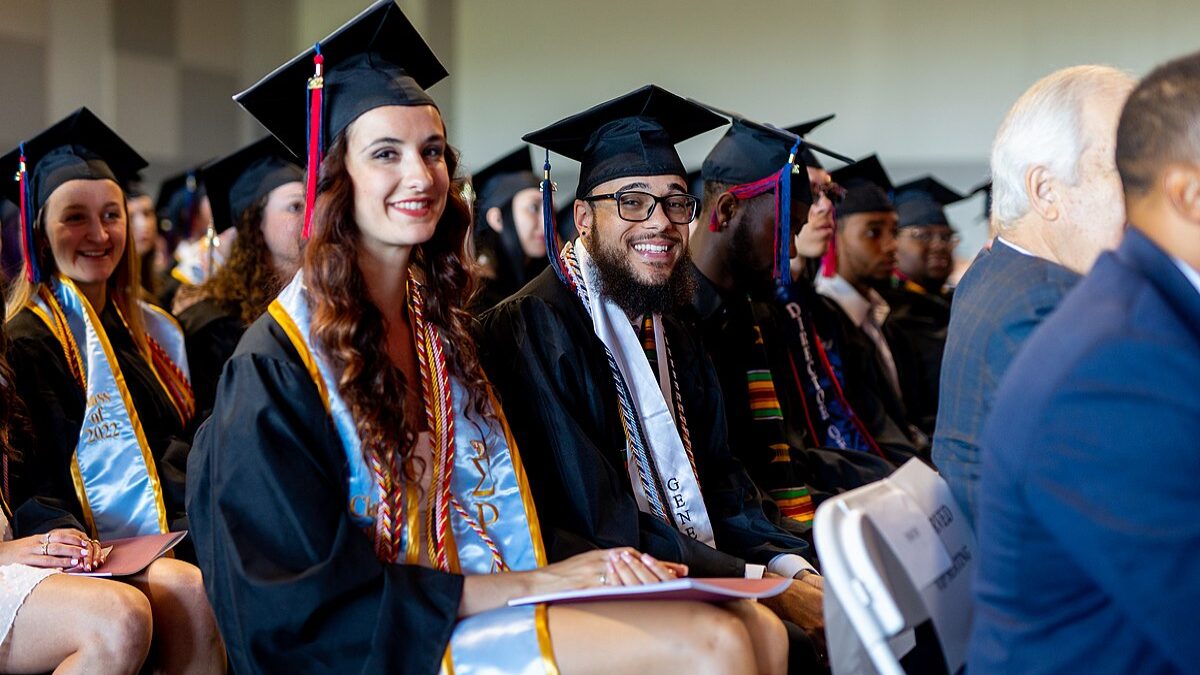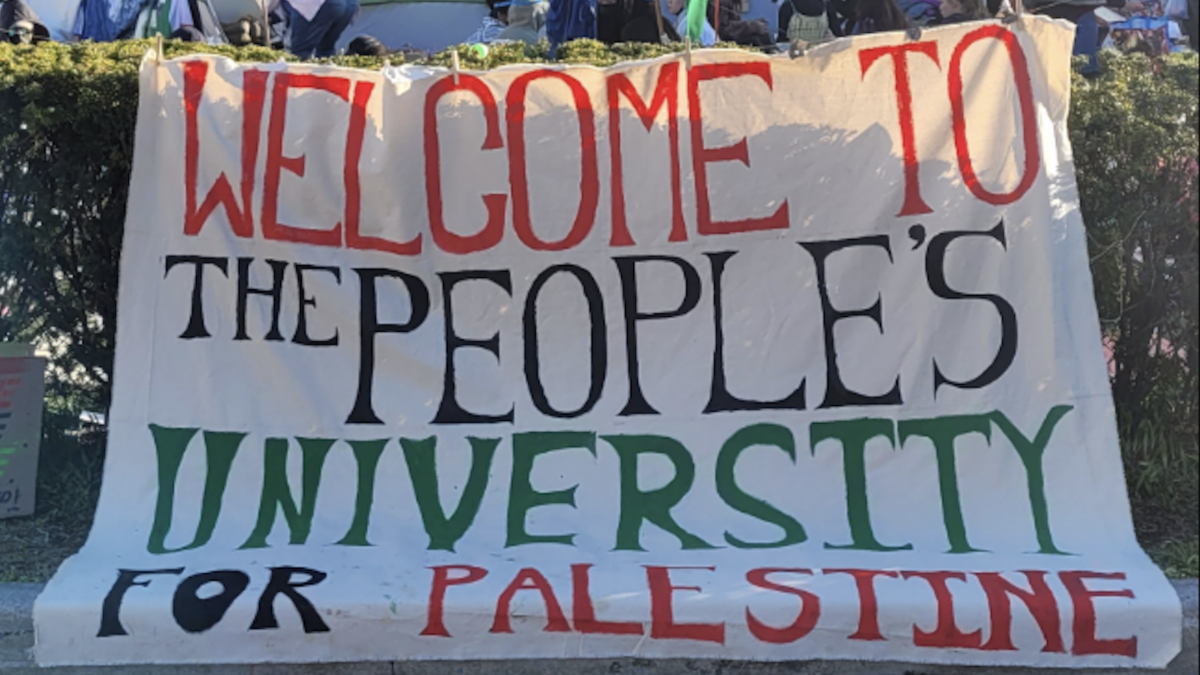
Columbia University President Nemat “Minouche” Shafik questioned the literacy of faculty at the Ivy League institution on Wednesday when asked why the word “folks” is spelled “f-o-l-x” in a handbook that also includes pages upon pages of “woke” vocabulary and definitions used in Columbia School of Social Work classes.
Shafik was testifying before the House Committee on Education and the Workforce, which is investigating antisemitism in American universities, when Rep. Jim Banks, R-Ind, pressed her on the spelling.
“I didn’t go to an Ivy League school, admittedly. … Can you explain why the word ‘folks’ is spelled ‘f-o-l-x’ throughout this guidebook and in other places at the School of Social Work?” Banks asked. “What does that mean?”
“They don’t know how to spell?” Shafik suggested. “I mean, I’m not familiar with that spelling.”
“I don’t find it a laughing matter,” Banks said.
“I’m not laughing either,” Shafik replied. “I think it’s— I really don’t—”
“You’re denying that this is a official product of the school,” Banks said. “But … you are aware that this is handed out to all of your students, and you’re not doing anything to stop it.”
“As I said, it’s not an official product of the administration,” Shafik said.
“Is this how Columbia University spells the word ‘folks’?” Banks clarified.
“No,” Shafik said.
The term “folx” spelled with an “x” rather than a “ks,” is far-left language manipulation to “explicitly signal the inclusion of groups commonly marginalized,” according to Merriam-Webster. In other words, it takes a word with a fixed meaning and distorts it to signal fealty to the left’s “diversity, equity, and inclusion” framework.
Banks also asked Shafik to define “Ashkenormativity,” another bizarre term in the handbook.
“I’m not familiar with that term,” Shafik said. “I believe it appeared in a student glossary.”
“It appears in the orientation guidebook that’s given to all of the students at the School of Social Work, but you can’t define it for us?” Banks pressed. “You seem to be familiar.”
“I don’t use that term. I don’t know that term,” Shafik said. “I don’t think it’s a product of the School of Social Work.”
Banks read the definition of “Ashkenormativity” from the handbook, which said its “a system of oppression that favors white Jewish ‘folx,’ based on the assumption that all Jewish ‘folx’ are Ashkenazi, or from Western Europe.”
“Is that appropriate?” Banks added.
“I don’t agree with it. I don’t think it’s very useful,” the university president said, attempting to distance herself from the materials distributed to Columbia students under her leadership.
Shafik’s testimony follows a trio of other elite university presidents refusing to forcefully condemn antisemitism during a congressional hearing in December. Their shocking responses and public blowback led to the ouster of two of the three who had appeared on Capitol Hill. The hearing, which featured presidents from Harvard, the University of Pennsylvania, and the Massachusetts Institute of Technology (MIT), was held just two months after the Oct. 7 attack on Israel, when some 1,300 were slaughtered by the Iranian terrorist proxy group Hamas. As Israel began responding to the attacks, terrorist sympathizers expressed solidarity with Hamas, and antisemites on college campuses in particular began calling for Jewish genocide.
After the three presidents ignited controversy at the December hearing, the four leaders from Columbia University who appeared before lawmakers this week sought to avoid the same performance.
“Does calling for the genocide of Jews violate Columbia’s code of conduct?” asked Rep. Suzanne Bonamici, D-Ore.
Each of the four representatives from the university, including Shafik, said, “Yes, it does.”
Shafik also emphasized that since the October terrorist attack, university officials have taken “more disciplinary actions than have been taken probably in the last decade at Columbia.”
On the same day of the House hearing, antisemitic protests erupted on the university’s Manhattan campus.








